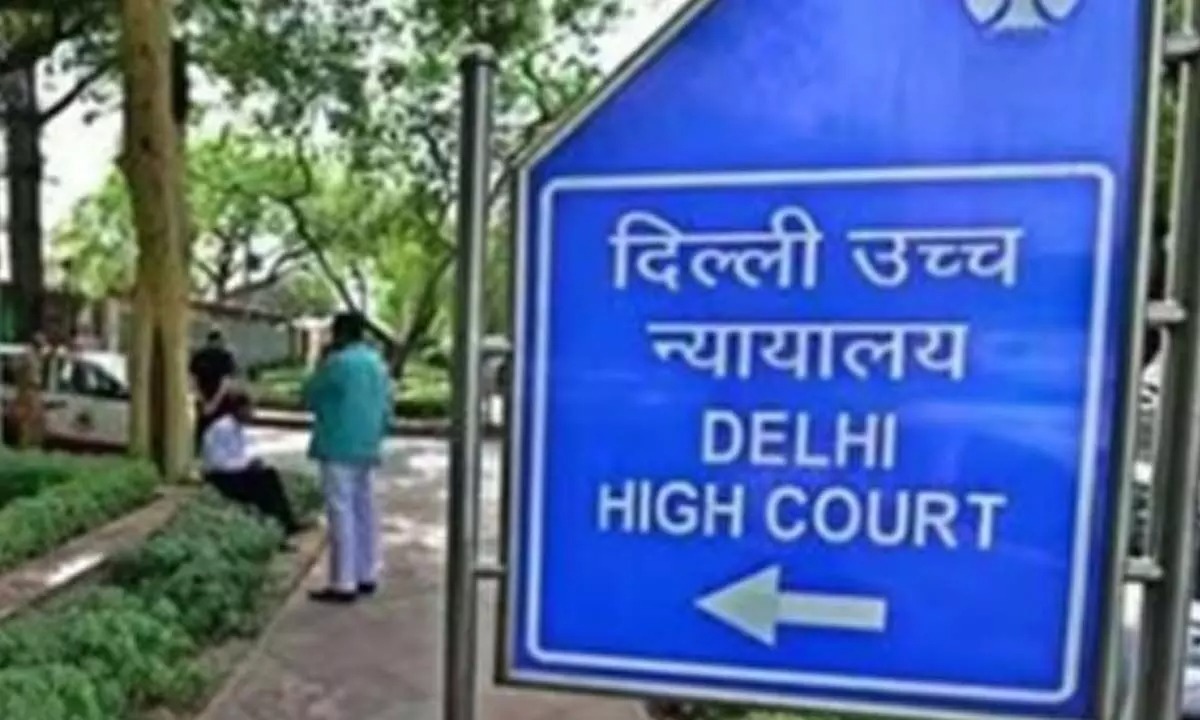Lawrence Jenkins, C.J.@mdashMr. Nisith Chunder Sen, a candidate for election as a Commissioner for Ward No. 22 at the coming Calcutta Municipal election, obtained a Rule calling1 on the Chairman of the Corporation of Calcutta to show cause why he should not prepare and publish the revised list of voters for Ward No. 22 under Rule 10 of Schedule IV of the Calcutta Municipal Act by rejecting the application filed by Babu Priya Nath Mullick, a candidate for election as a Commissioner for Ward No. 22 on the 1st January 1912.
2. It was ordered that a copy of the order be served on Babu Priya Nath Mullick, but no Rule was in express terms issued against him.
3. The application made by Baba Priya Nath Mullick was that his name be entered in the list as the person qualified to vote on behalf of a large number of companies, firms, and Hindu families.
4. The Rule was heard by Mr. Justice Fletcher, who made it absolute with costs.
5. From this order, Babu Priya Nath Mullick alone has appealed. The Chairman of the Corporation has not appealed, nor has his Counsel addressed the Court in support of the appeal or complained of the order made by Mr. Justice Fletcher.
6. It is objected by the respondent at the outset that Babu Priya Nath Mullick has no right to appeal, as the order was not against him, but against the Chairman of the Corporation.
7. But it is further urged that whether an appeal lies or not, the order of Mr. Justice Fletcher was correct, and it is on this, that an expression of our opinion has been specially invited.
8. The proposition for which Mr. Nisith Sen contends is formulated in paragraph 5 (a) of his petition in these terms: "That the said Priya Nath Mullick being a person, foreign to the body corporate, joint Hindu family or firm as the case may be, could not be authorised by such corporations, Hindu joint family or firm to represent such corporation, Hindu joint family or firms, inasmuch as such authorisation contravenes the provision of Rule 9 of Schedule IV of the Calcutta Municipal Act."
9. He further urges that if Babu Priya Nath Mullick''s application be upheld, he will be considerably prejudiced at the ensuing Municipal election.
10. Nor can there be any doubt as to tin''s, for if Babu Priya Nath Mullick''s contention be upheld, then he will, according to his contention, be armed with no less than 571 votes which he will be entitled to use in favour of his own candidature at the coming election. This, if the true view, is a concentration of voting power in one person which it is impossible to regard with favour, and it is difficult to suppose that the framers of the Act and the rules under the Act could have intended such a result..
11. But do the rules on their true con-struction support Babu Priya Nath Mullick''s contention? Mr. Justice Fletcher has held, not, and I see no sufficient reason for dissenting from this view.
12. The governing Rule is the 9th of those in Schedule IV to the Act, and I think it may fairly be said that the expression " any one individual person" there found should be read together with, and controlled by the expression "association of individuals" which immediately precedes it.
13. So read, the field of selection for representation would be limited to those individuals of which the several associations there indicated are composed.
14. This view of the rule would account for the somewhat unusual expression "any one individual person," which would have been unnecessary had the words borne the unlimited significance for which Babu Priya Nath Mullick contends.
15. It, moreover, gains support from other portions of the rules, and at any rate, provides a safeguard against that plurality of votes claimed by Babu Priya Nath Mullick.
16. In the view I take, it is unnecessary to pronounce any opinion on the competence of the appeal, for in any case it must fail; the costs to be paid by the appellant.
Woodroffe, J.
17. The point appears to me to be clear, though doubtless it might have been rendered more so by the insertion of the word members " as has been done in Rule 4 (4) in which case the question before us would not have arisen. The question turns upon the meaning of the words '' any one individual person " in Rule 9. The words '' any person" would have satisfied the construction for which the appellant contends unless, as it is also urged on his behalf, the words ''an individual" were necessary to exclude the juristic or artificial persons included in the term person" by Rule 1. Under that rule, the word ''person" includes a company, body corporate, firm, Hindu joint family and other association of individuals. I stop here to point out in connection with the words other association of individuals" that throughout the rules, companies, bodies corporate, etc., are, whether they be correctly defined as such, or not, treated as associations of individuals. And the marginal note of Rule 9 under discussion runs representation of association of individuals." As the word "individual" is used in the rules correlatively with association, it appears to me to be a strong argument against the appellant that the words "one individual" should appear in Rule 9 unless it can be shown that they were necessary to exclude the wider meaning as-singed to the term person'' by Rule 1. Under that rule, however, person" only includes a juristic person if there be no repugnancy in the context. The words "one individual" were clearly not necessary to exclude juristic persons. In the first place, if there were nothing else, one company or body corporate cannot vote for another. Further, we find the words "any one individual person" may ''apply that his name be entered", wording which is obviously inapt if the person previously spoken of includes bodies corporate. Further, the application is that the name be entered not only as the person qualified to vote but also to be elected, a circumstance which goes to show that the person spoken of is a member of the association to be represented. In my opinion, therefore, the words "one individual" were not necessary to exclude juristic person under Rule 1 and are, therefore, surplusage unless some other force be given to them. They were, in my opinion, used to show that the person who was competent as a representative was a person who was an individual or member of the association to be represented. It has been said that difficulties might arise on this construction with reference to companies and bodies corporate. It is not necessary to decide that case, but dealing with the argument before us, I do not see that creates a difficulty. For the members of a company would be its shareholders and of a corporate body such persons as are defined as such by the Act or Statute incorporating it. Farther, I consider it to be a strong argument against the appellant''s contention that the term ''individual'' in Rule 9 and in Rule 10 (9) must be read in the same sense, and, if so, the incongruous results follow which are indicated in Fletcher, J.''s judgment. Lastly, it is of great weight against the appellant''s construction that it is contrary to public policy and detrimental to the public interest. It is not in conformity with such interest that persons should give their votes without reason to some stranger before even the nomination of candidates and that such candidate should go to the poll with a large number (in this case nearly 600) of votes in his pocket to be cast by him in favour of his own candidature. I reserve my opinion on the question of the right of appeal as it is not necessary to deal with the point. I agree, therefore, that the appeal should be dismissed with costs.

